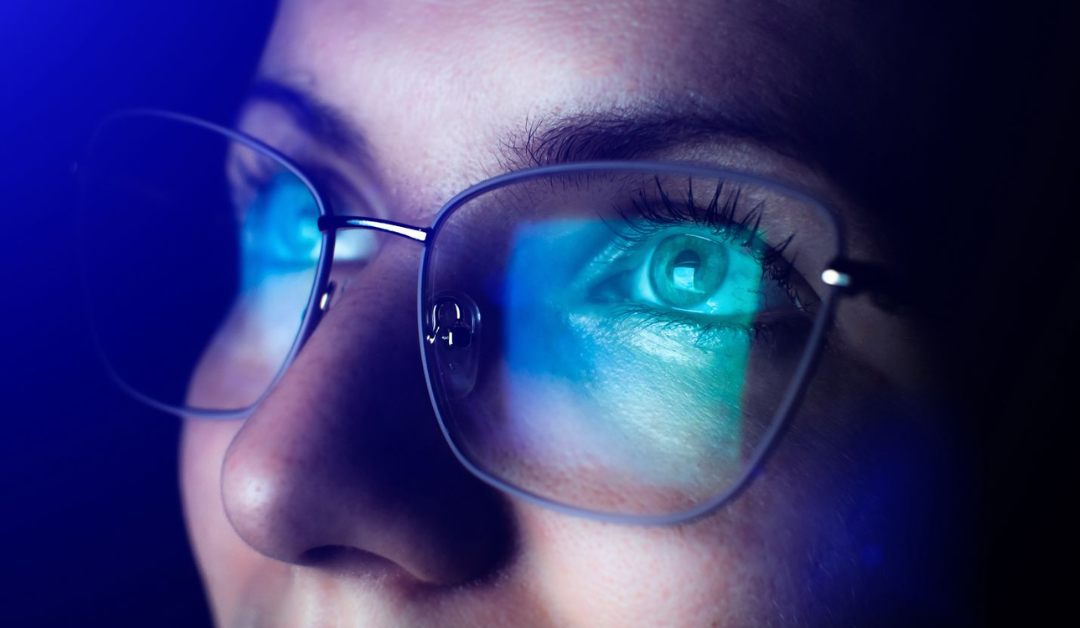EXPOSED: The Blue Light Glasses Scam Fooling Millions
In what may be one of the biggest eyewear cons of our time, blue light filter glasses—those trendy specs touted as your screen-time savior—are being called out as pure marketing hype by medical professionals and tech experts alike.
Billed as the go-to solution for digital eye strain and sleep disruption, these glasses have flown off shelves in recent years. But here’s the ugly truth: they don’t do what they claim—and they might even be making things worse.
The Lie They Sold You
Companies pushing these glasses claim they block harmful blue light from screens, supposedly protecting your eyes and improving your sleep. But what they don’t tell you is this:
Screens emit only a tiny fraction of blue light—far too little to do real harm.
In reality, these glasses often block beneficial blue light from the sun, which your body needs to stay alert and regulate natural sleep cycles. The result? You’re not just wasting your money—you might be wrecking your body’s rhythm while you’re at it.
Doctors Are Sounding the Alarm
Ophthalmologists and sleep researchers are in rare agreement: there’s no solid evidence that blue light filter glasses offer any meaningful benefit.
In fact, the American Academy of Ophthalmology doesn’t recommend them at all. Their advice? Focus on behavior—not bogus lenses.
What Actually Works
Want to protect your eyes and sleep better? Skip the filters and follow these real, proven methods:
- Avoid screens 1–2 hours before bed
- Keep screens at least an arm’s length away
- Use the 20-20-20 rule — every 20 minutes, look 20 feet away for 20 seconds
- Enable night mode on devices instead of relying on eyewear gimmicks
These scientifically supported habits do far more for your health than any pair of overpriced, color-tinted lenses ever will.
A Trend Fueled by Fear, Not Facts
Let’s be clear: this is not a harmless fad. It’s a multi-million dollar deception that exploits health fears in the digital age. The wellness industry dressed up simple plastic lenses as miracle solutions, slapped on tech jargon, and charged you triple the price—all without any real proof.
Bottom Line
You didn’t need them. You were marketed to, not medically advised.
So next time someone flashes their blue light glasses like a badge of tech-savvy health—you’ll know better.



